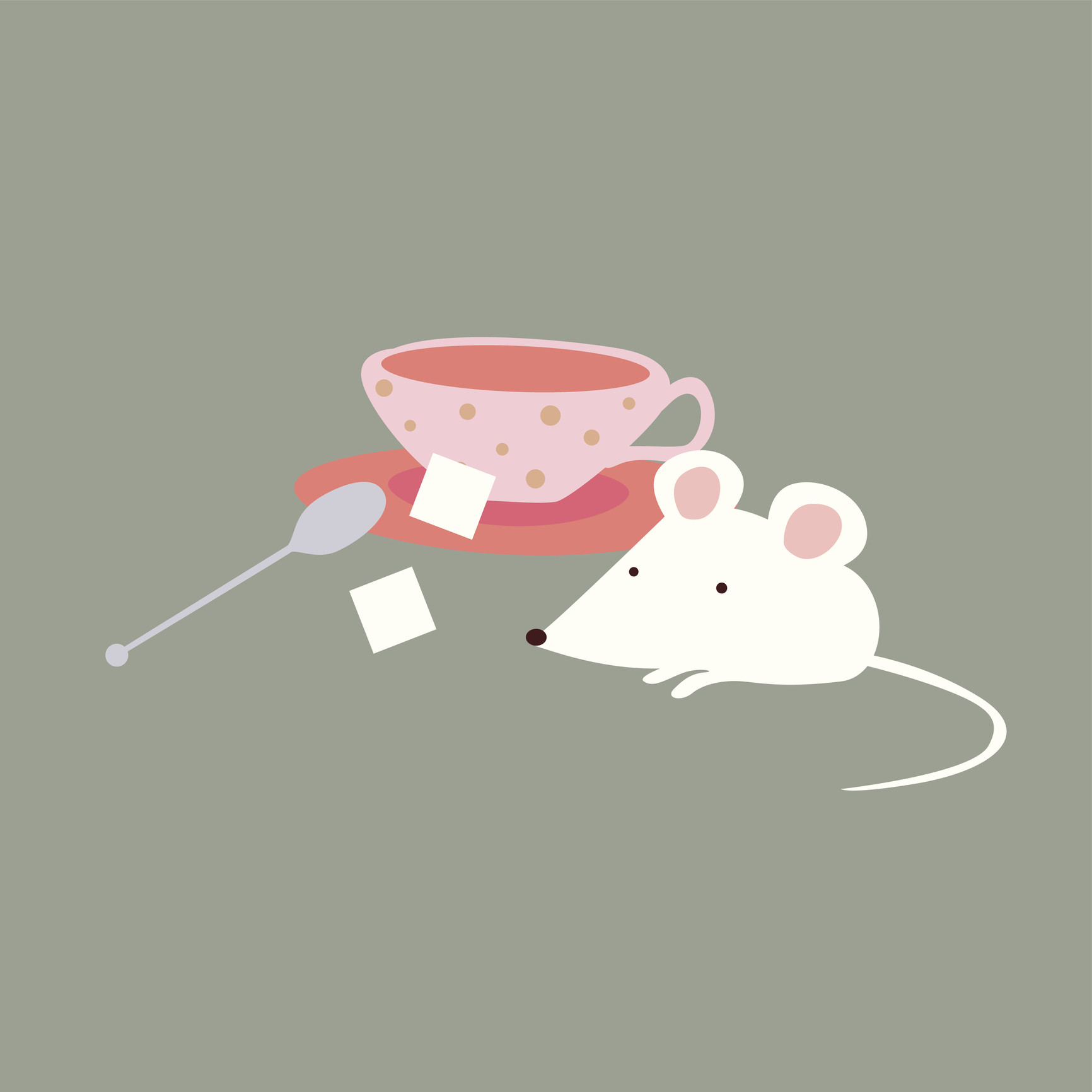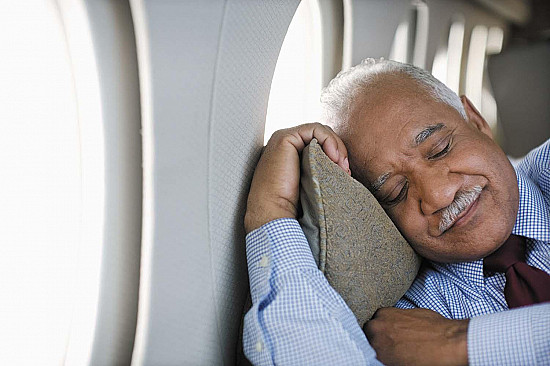Why coffee might ease your pain (especially if you’re a sleepy mouse)

Follow me on Twitter @RobShmerling
An intriguing new study caught my eye for two reasons. First, there are the fascinating findings of the researchers that could dramatically change our understanding of certain types of pain and how it’s treated. More on the research in a moment.
The other reason this story grabbed my attention is that most of the headlines I read about this research failed to include two important words: “in mice.” One article didn’t mention the fact that this was an animal study until a full 248 words into the story! Regardless of how interesting the findings are, they deserve a giant asterisk since their relevance to humans is uncertain.
Sleep-deprived and in pain? Caffeine may work better than ibuprofen
Researchers studied mice that were either well-rested or sleep-deprived and subjected them to unpleasant stimulation, including contact with a hot plate, cold, or pressure. The intensity and speed of their reaction was measured.
Here’s what the researchers found:
- Sleep deprivation seemed to increase sensitivity to pain.
- Restoration of normal sleep reversed the exaggerated pain response.
- “Wake-promoting agents” (including caffeine and the drug modafinil) also reversed the exaggerated pain response.
- Ibuprofen and morphine did not have a similar effect as the wake-promoting agents.
The suggestion here is that sleep deprivation may heighten the perception of pain, and restoration of normal sleep or taking stimulants that increase alertness (as one might experience after drinking coffee) may reduce pain sensitivity in this setting better than common and powerful pain relievers.
From mice to men… and women
As mentioned, the relevance of animal studies to humans is not always clear. In fact, it’s common that findings in medical studies performed in mice or other animals cannot be replicated in humans. This may be particularly true for something as complicated and subjective as pain.
The sleep-pain connection
That said, there is precedent in human disease for a potential connection between pain and sleep deprivation. Fibromyalgia is common in the (human) population and it’s marked by chronic, body-wide pain. The cause is unknown, but a leading theory suggests that poor sleep quality may play a role. Treatments that improve sleep quality may help symptoms of fibromyalgia as well.
What’s next?
The obvious next step is studies in humans. That may not be easy. This trial described continuous monitoring of brain waves in mice by attaching electrodes to their scalps, depriving them of sleep, inflicting pain, and closely observing their response. A similar trial in humans would likely be impossible. And, of course, there are ethical concerns for any study that intentionally inflicts pain on its subjects, whether animal or human.
This study reminded me of something I learned in medical school. I was taught that one of the most common causes of headache was caffeine withdrawal. An effective “treatment” includes coffee, another caffeine-containing drink or food, or a headache medicine that contains caffeine. But now I’m wondering if the pain-relieving properties of coffee might be less related to caffeine withdrawal and more related to the findings of this study. Maybe wake-promoting agents reverse pain sensitivity in sleep-deprived people, as this study found among mice.
This novel observation could change how we understand and treat certain types of pain — or it may apply only to mice. Either way the findings are interesting. The big question is: are they important?
About the Author

Robert H. Shmerling, MD, Senior Faculty Editor, Harvard Health Publishing; Editorial Advisory Board Member, Harvard Health Publishing
Disclaimer:
As a service to our readers, Harvard Health Publishing provides access to our library of archived content. Please note the date of last review or update on all articles.
No content on this site, regardless of date, should ever be used as a substitute for direct medical advice from your doctor or other qualified clinician.















